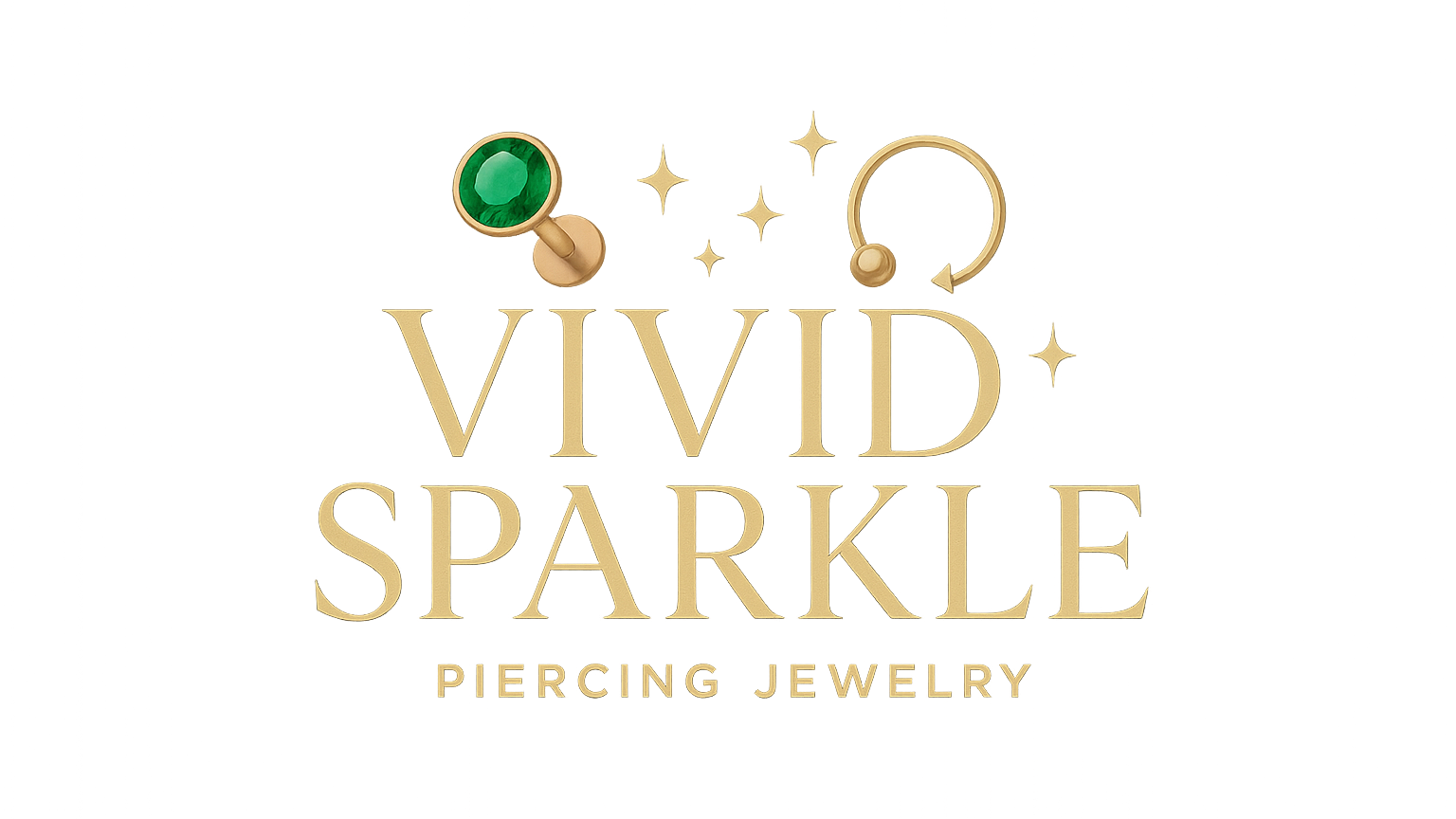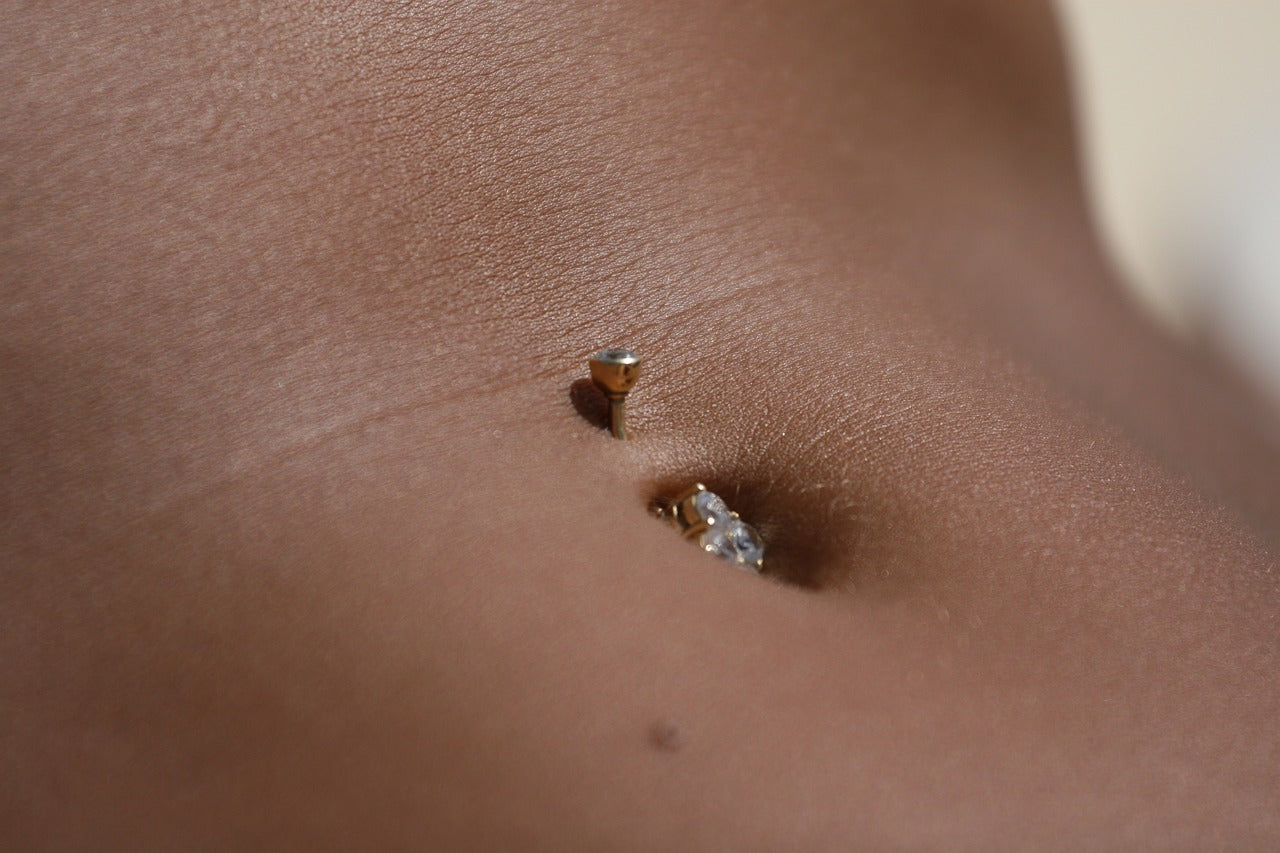Article: Are Body Piercings Kosher? Understanding Jewish Tradition
Are Body Piercings Kosher? Understanding Jewish Tradition
Body modification is a topic that has sparked much discussion in Jewish communities. The Torah makes clear distinctions between what is acceptable and what is forbidden, particularly when it comes to altering the body. One question many people ask is: Are body piercings kosher?

We know that Scripture clearly forbids tattoos: “You shall not etch a tattoo on yourselves” (Leviticus 19:28). Tattoos, being permanent markings, are considered a violation of Torah law. But body piercings are different, and Jewish tradition provides insight into why they are treated more leniently.
Biblical References to Piercings
The Torah contains positive references to piercings but it does not approve tattoos. Eliezer the servant of Abraham gave Rebecca a nezem which translates to nose ring or earring when he met her at the well (Genesis 24:22). The gift of beauty and value received no condemnation because it was celebrated as such.
The Golden Calf creation began when Aaron ordered men of Israel to collect earrings from their wives and sons and daughters (Exodus 32:2). The widespread practice of body jewelry during biblical times became evident through this sinful incident even though the Golden Calf creation was wrong.
The examples demonstrate that piercings existed as an accepted practice in Jewish culture without any prohibition from Jewish law.
Why Tattoos Are Forbidden but Piercings Are Allowed
The permanent nature of tattoos along with their intentional placement on skin makes them forbidden. Piercings, however, are different. The piercing hole functions as a practical element because it enables safe jewelry attachment which prevents additional body damage.
The Lubavitcher Rebbe Rabbi Menachem Mendel Schneerson explained this distinction. According to him piercings do not qualify as self-harm because they maintain a useful purpose throughout time. The body receives no harm from these modifications because they create secure points to attach jewelry. Tattoos remain as permanent skin modifications which do not provide any functional advantage.
The practice of piercing remains acceptable when it does not cause disfigurement or degradation and maintains modesty standards.
Modern Questions About Piercings
In today’s world, piercings go beyond simple earrings. People explore a variety of styles, including:
-
Gauges ear jewelry, which stretches the earlobe to hold larger pieces of jewelry.
-
A delicate diamond nose ring, which adds elegance while staying modest.
-
A simple 14k nose ring, chosen for its durability and beauty.
-
A bold gold septum ring, a fashion statement that also connects back to ancient Middle Eastern traditions.
Jewish law does not specifically prohibit these modern styles, provided they are not done in a way that disrespects the body or Jewish values. Each case often depends on intent, placement, and whether the piercing is considered dignified.
Piercing and Modesty in Jewish Life
The practice of piercing does not violate Jewish law but the principle of tzniut (modesty) remains applicable. The placement of jewelry should avoid drawing excessive attention and preventing improper conduct. Traditional communities tend to view elegant nose rings and single ear piercings but they might view extreme body modifications as unacceptable.
People need to understand what their community allows regarding body modifications. Different Orthodox communities establish different rules about nose rings and multiple ear piercings because their acceptance levels vary. The way Jewish people live their faith depends heavily on their environment and the situation they find themselves in.
The Value of Intention
The Jewish tradition places equal weight on the motives behind actions as it does on the actions themselves. The act of body modification for beauty purposes or self-respect or cultural identity expression receives different treatment than body modifications that could result in harm or degradation.
People who wear small diamond nose rings or modest earrings do so to express themselves and maintain their dignity. The Jewish tradition views body adornment as a way to honor the physical form which contains the soul.
Body piercings exist within the boundaries of Jewish law. The practice of body piercing exists as a permissible activity when performed with caution. The Torah prohibits tattoos as permanent body markings but it does not include piercings under this prohibition. The Torah shows awareness of body jewelry and adornments as common practices in everyday life. The Rebbe declared that piercings are acceptable because they serve as functional methods to display jewelry while avoiding any form of self-inflicted damage.
Jewish tradition permits individuals to express themselves through piercings as long as they maintain respectful and dignified styles that do not result in body disfigurement. The solution to this dilemma depends on finding equilibrium between individual fashion choices and Jewish religious principles.

